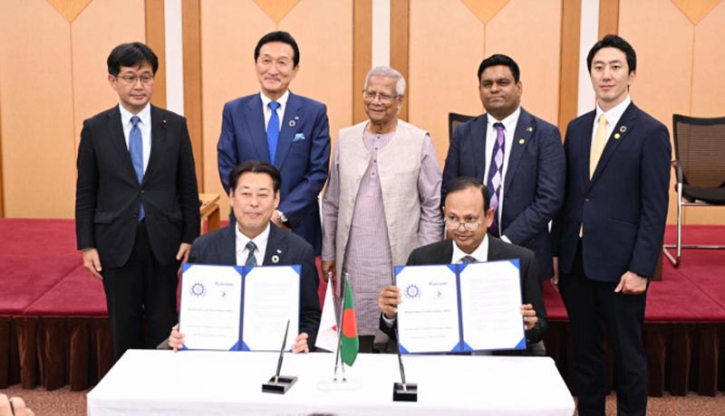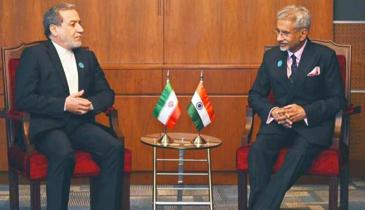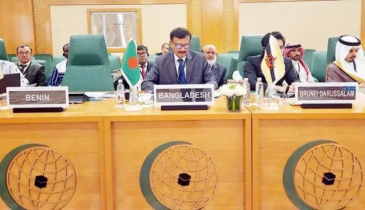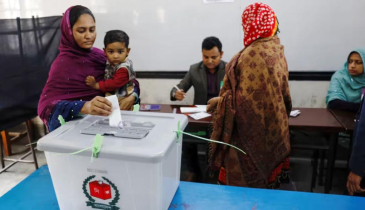Japan to recruit 100,000 Bangladeshi workers over next 5 years

Japan is set to recruit at least 100,000 workers from Bangladesh over the next five years in a bid to tackle its ongoing labour shortage, officials and business leaders announced today at a seminar in Tokyo.
The event, titled "Bangladesh Seminar on Human Resources," highlighted growing cooperation between the two countries in workforce development. Chief Adviser of Bangladesh, Muhammad Yunus, who is currently leading the interim government, stated that all necessary measures will be taken to support the employment of Bangladeshi nationals in Japan.
“This is an incredibly exciting and inspiring moment for me,” Yunus said during his keynote speech. “It’s not just about work—it’s about building a deeper connection with Japan. This opportunity will allow Bangladeshis to contribute meaningfully while also experiencing Japanese culture.”
Strategic Agreements Signed
Two significant Memoranda of Understanding (MoUs) were signed at the seminar. The first was between Bangladesh’s Bureau of Manpower Employment and Training (BMET) and Kaicom Dream Street (KDS), a joint venture between Bangladesh and Japan. The second MoU involved BMET, Japan’s National Business Support Combined Cooperatives (NBCC)—a federation of over 65 Japanese companies—and the Japan Bangla Bridge Recruiting Agency (JBBRA).
These agreements are aimed at streamlining the recruitment process, ensuring skill development, and facilitating the smooth integration of Bangladeshi workers into Japan’s workforce.
“This event is about unlocking doors,” Yunus remarked, highlighting Bangladesh’s demographic advantage. “With 180 million people and half of them under 27, our job as a government is to open up global opportunities for them.”
Rising Demand for Bangladeshi Workers
Mitsuru Matsushita, representative director at the Shizuoka Workplace Environment Improvement Cooperative, emphasized the increasing interest in Bangladeshi workers among Japanese employers.
“Bangladeshi talent has immense potential,” Matsushita said. “It’s our responsibility to help them grow and thrive in the Japanese work environment.”
Bangladesh’s Ambassador to Japan, Daud Ali, also addressed the gathering. He noted that Japan may face a labour shortfall of up to 11 million workers by 2040. This situation, he said, creates a significant opportunity for Bangladesh to supply trained and skilled manpower to help bridge the gap.
.png)









